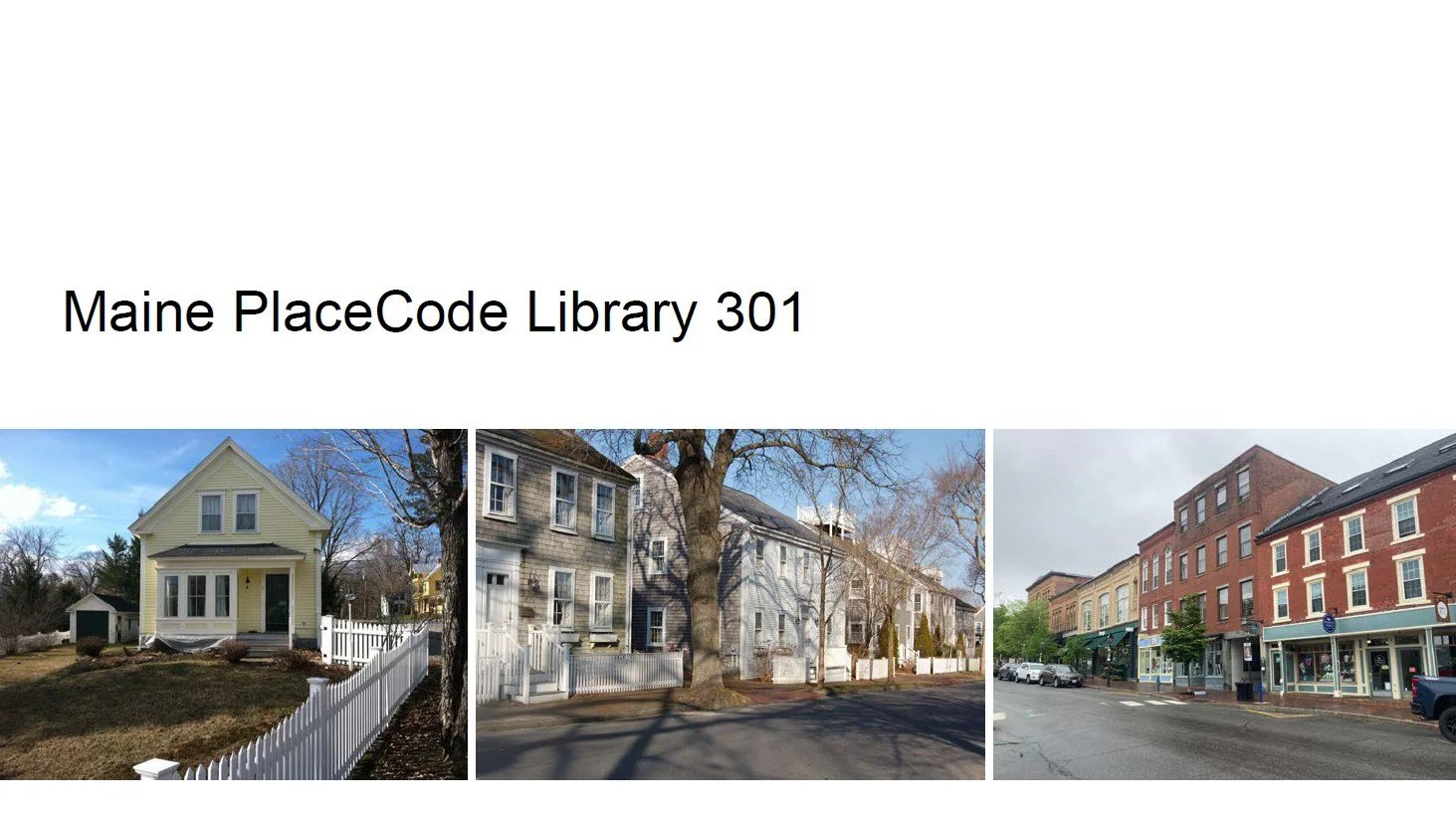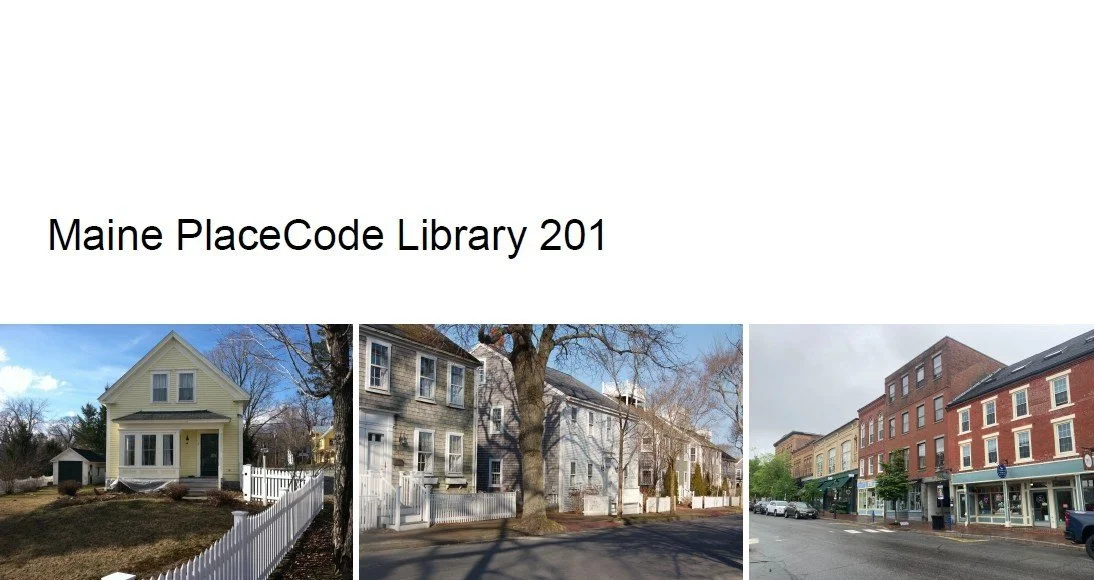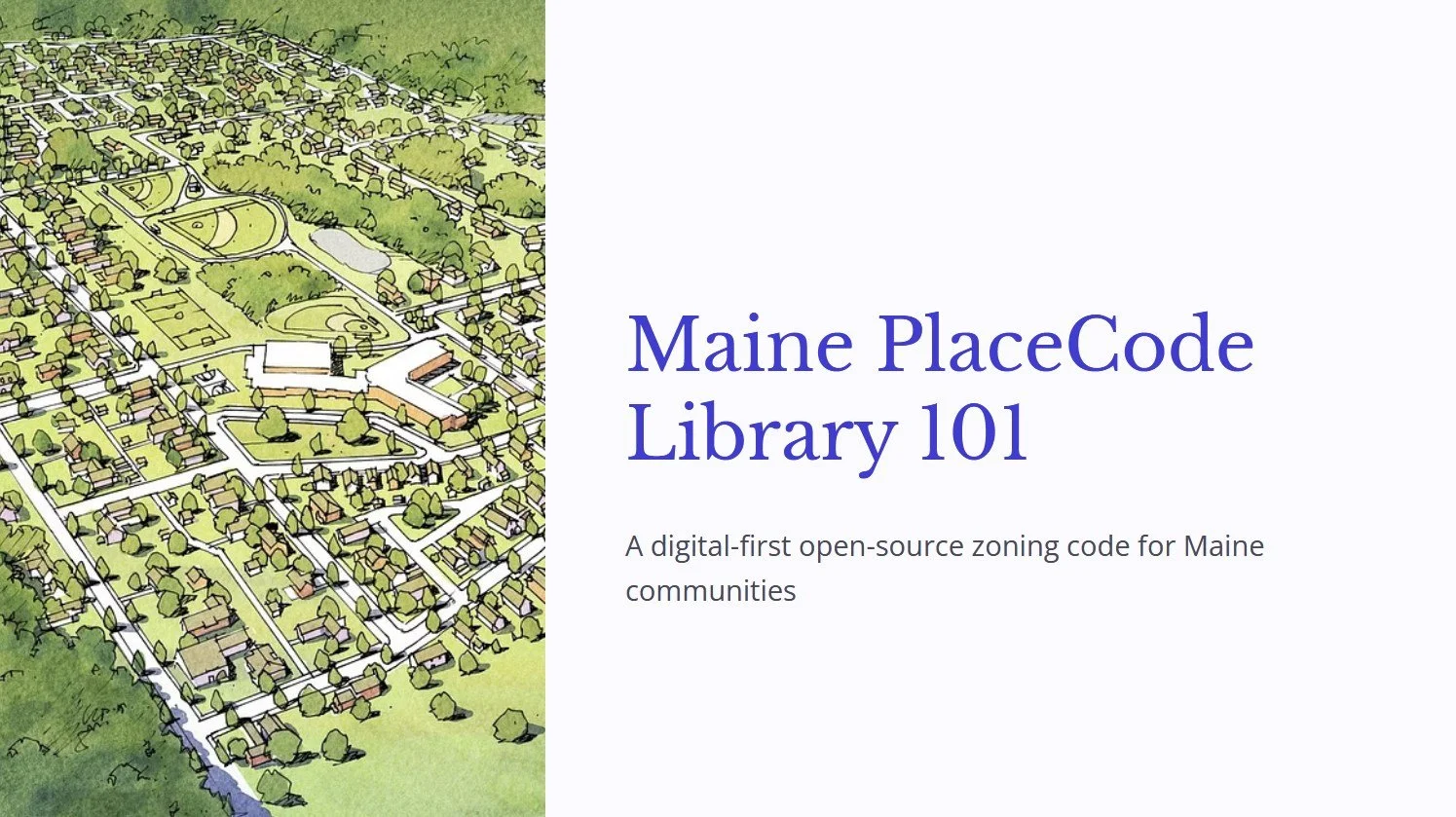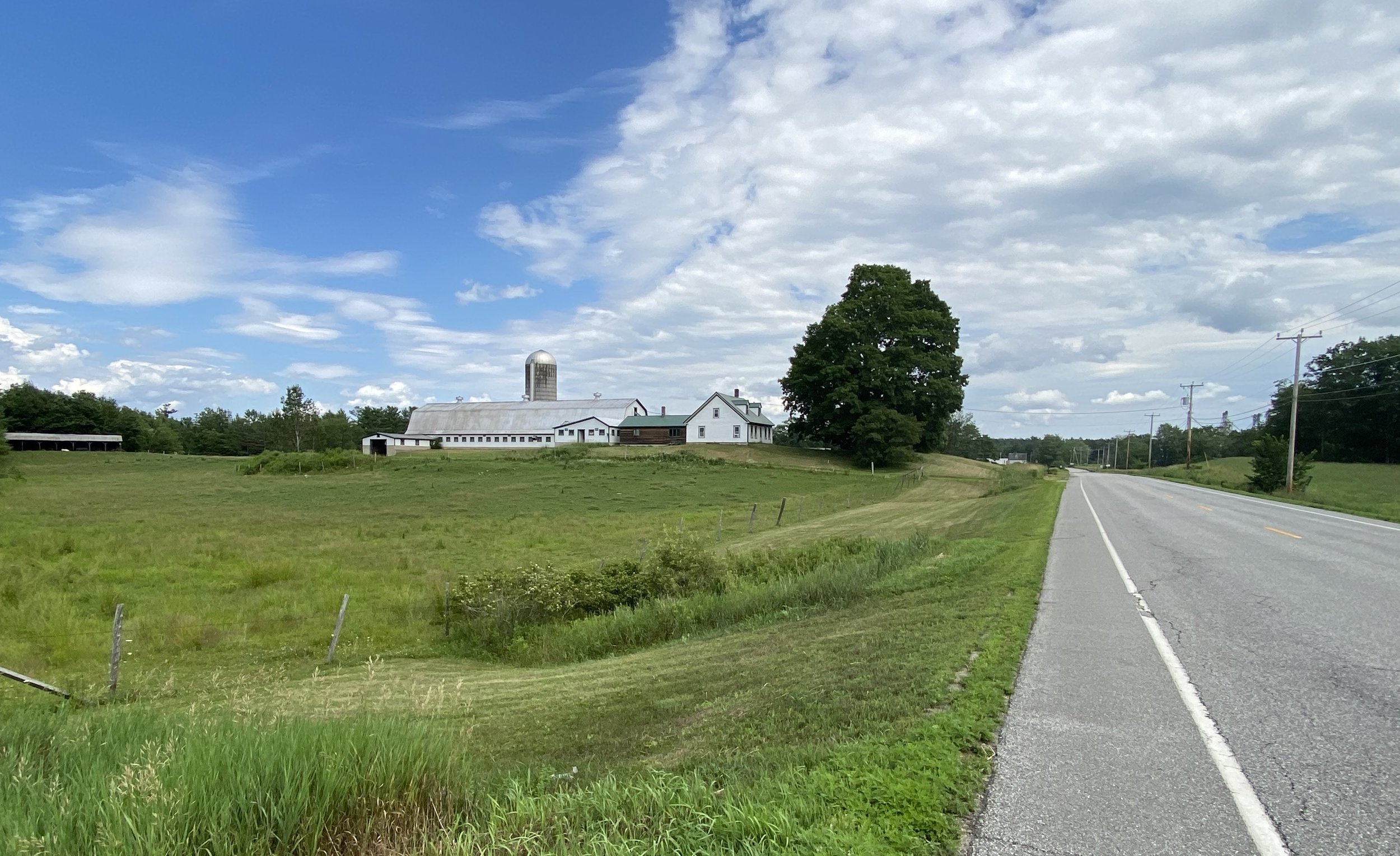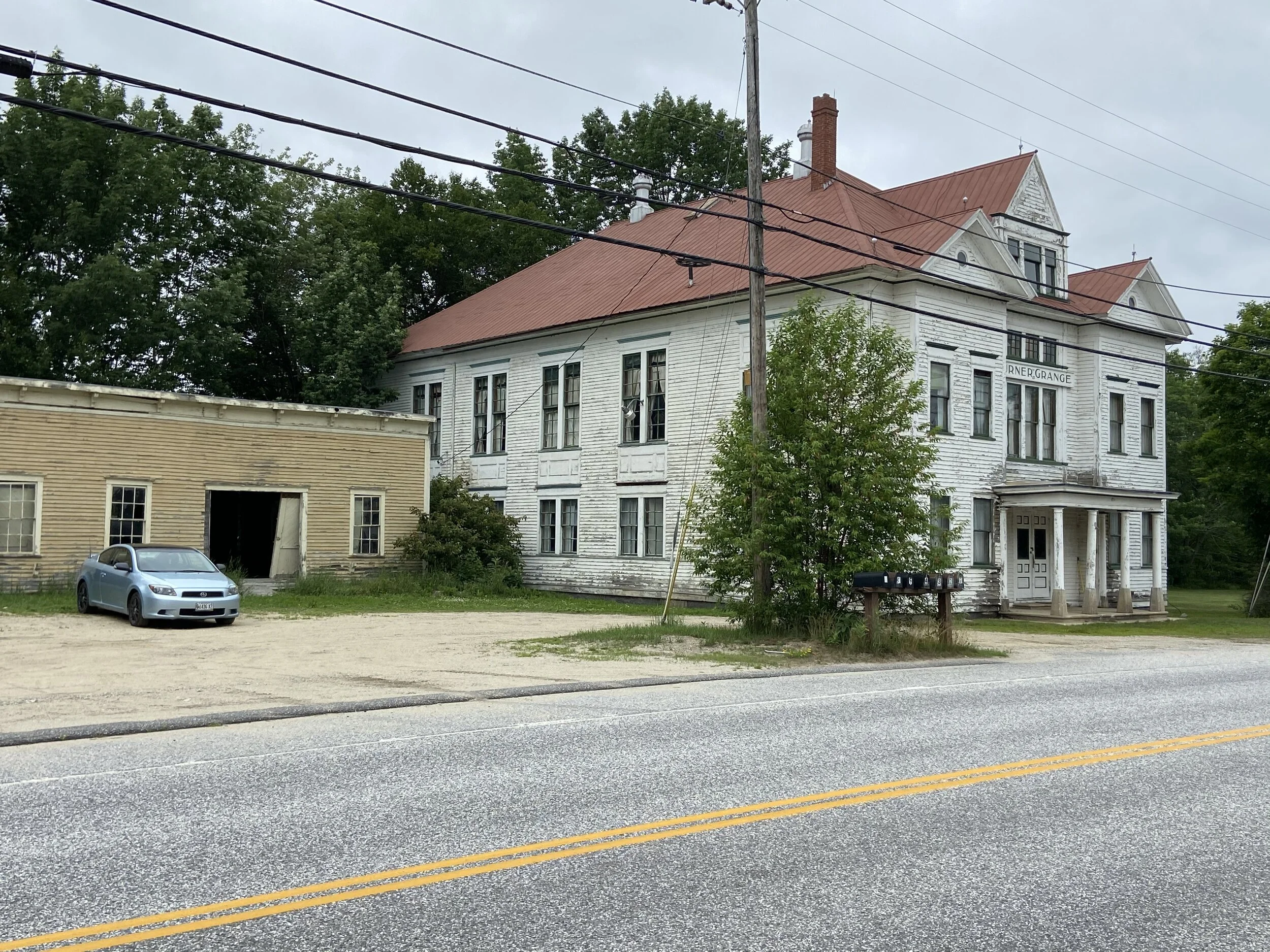LD 1566 is a resolve to establish a state-level task force to lead Maine in building a strong, actionable foundation for safe mobility. The task force will convene a public process guided by Vision Zero – which acknowledges that even one death on our transportation system is unacceptable. Vision Zero focuses on safe mobility for all road users, through policies and system design rather than individual behavior. The approach is being successfully used in hundreds of states and municipalities.
The task force will identify the most effective actions to eliminate traffic deaths and serious injuries through:
Developing a comprehensive and coordinated action plan for Maine including short-term and long-term strategies with measurable goals and target dates.
Promoting effective and transparent collection and dissemination of traffic safety data.
Providing recommendations for changes to state, county, and municipal street design standards, state laws and municipal ordinances.
The task force will be composed of 22 members, including legislators, representatives from state agencies, professionals from the private sector, and members of the public sector with direct experience in traffic safety-related incidents. The Task Force is intended to have an ongoing role as an advisory body to MaineDOT and municipalities. A full set of talking points can be found HERE.
LD 1566 - A Resolve to Establish a Vision Zero Task Force to Recommend Strategies to Achieve the Goal of Eliminating Traffic Fatalities and Serious Injuries is scheduled for public hearing on Tuesday, April 25, 2023 at 1:00 pm and would advance key recommendations of Policy Action 2023, a state-wide public crowdsourcing effort convened by GrowSmart Maine and Build Maine that began in spring 2022.
The goal of Policy Action 2023 is to address barriers to and create incentives for equitable, sustainable growth and development that strengthens downtowns and villages of all sizes while pulling development pressure away from productive and open natural areas. We do so acknowledging that Maine has urban, rural, and suburban settings for which any solution may/not be a fit and a variety of people who deserve to be welcomed to their communities.
Questions related to this bill? Reach out to the Policy Action 2023 Complete Streets working group point person Zoe Miller at zoe@movingmaine.org.
A public hearing for LD 1566 is scheduled for Tuesday, April 25, 2023 at 1:00 pm before the Legislature's Transportation Committee.
Begin your letter with:
Dear Senator Chipman, Representative Williams, and Honorable Members of the Joint Standing Committee on Transportation,
My name is [ ENTER NAME] and I live in [ ENTER TOWN].
Describe your reasons for supporting the legislation.

